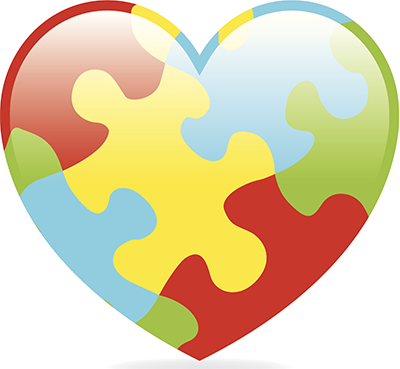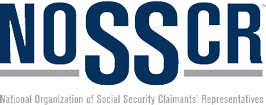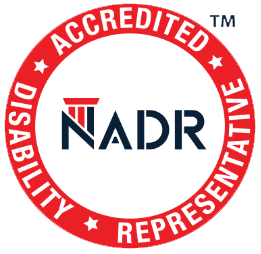Social Security Benefits and Autism
Autism Spectrum Disorder, or ASD, is a neurodevelopment disorder that involves the brain and its ability to process information. In the Autism Spectrum, there are three disorder types. These disorders include Autism, Pervasive Developmental Disorder (PDD-NOS) and Asperger Syndrome (AS). Each condition is present at birth. It is not unusual for individuals with AS and PDD-NOS to learn about their diagnosis until later years. When a person receives a diagnosis, they may be eligible for Social Security Disability benefits. However, most caregivers are unsure of how to file or what to do to earn benefits. Read on to learn more about social security benefits and autism.
Social Security Disability Filing

With childhood autism, the Social Security Administration has a listing in the Impairment Listing Manual under Section 112.10. Under this listing, there are requirements for the child to meet to be eligible for benefits. Examples of things that Social Security will consider are if your child had difficulty making friends (especially friends their own age) and understanding social cues from others; these are considered delays in reciprocal social interactions. Children on the Spectrum may have difficulties with changes to their schedules and knowing how to appropriately express emotions, such as disappointment or anger. Information from doctors, teachers, daycare providers, and family members can be very useful in helping Social Security determine your child’s disability and eligibility for benefits.
A diagnosis of autism does not automatically make a child eligible to receive benefits. Children with autism are often very high functioning. In order to determine disability Social Security will look at your child’s development and ability to function in comparison to other children their age. If your child’s development is significantly delayed compared to their peers, they may qualify for benefits. Social Security uses 6 domains to evaluate your child’s disability. Having an experienced representative to help you understand what evidence you will need is very important. Disability Support Services representatives have many years of experience and can help you navigate this maze.
Adults and Autism
Currently, adults with autism are evaluated under Social Security Listing 12.10. Their symptoms are evaluated in a very similar manner to children. Social Security looks for difficulty with social skills and cues. Adults may have problems communicating and may focus obsessively with a schedule or a certain order that items must be in, often preventing them from being able to be productive at a task or job.
If you or a loved one is disabled due to an autism diagnosis, you may be entitled to benefits. Start by working with professionals in the medical field. Then with an attorney/representative who specializes in Social Security Disability. An advocate will be able to present the information needed and supportive documentation from your doctor’s to Social Security so your disability case to has the highest chance of approval. So, to ensure your success, choose a qualified attorney/representative and work with your doctors so that you or your loved one can receive the benefits they deserve.
More Resources
Get more information for Autism by visiting the American Academy of Child & Adolescent Psychiatry’s Autism Resource Center and Autism Support Network’s website. There are also other resources on:
Accommodations for Students with Autism
Guide to Better Sleep for Kids with Autism
Creating an Autism Friendly Home
30 Ways to Celebrate Autism Awareness Month
Disability Friendly Backyard for Kids
Also, for more assistance with social security benefits and autism, Disability Support Services is here to help. Click here to learn if you or your loved one qualifies for disability benefits.



